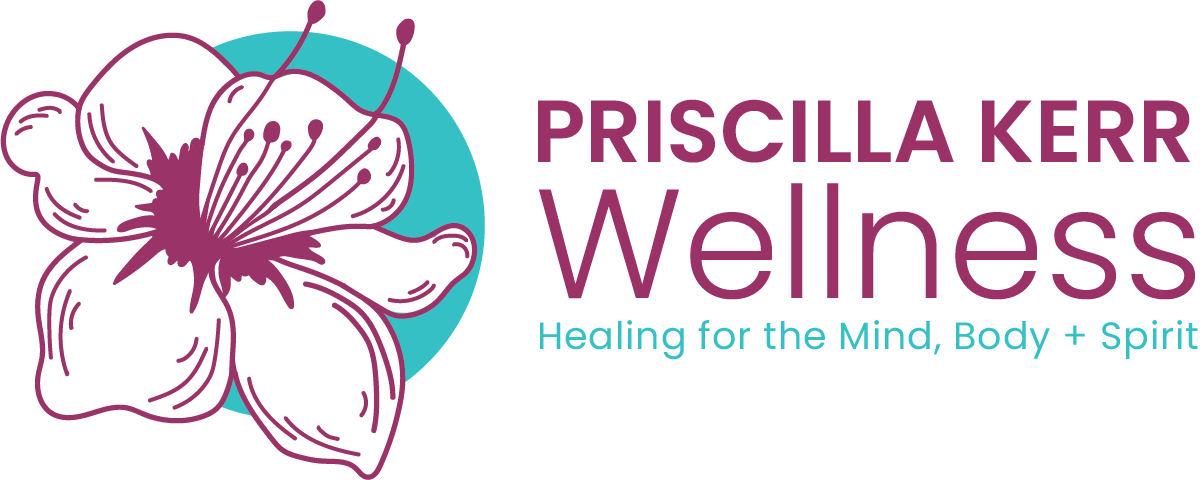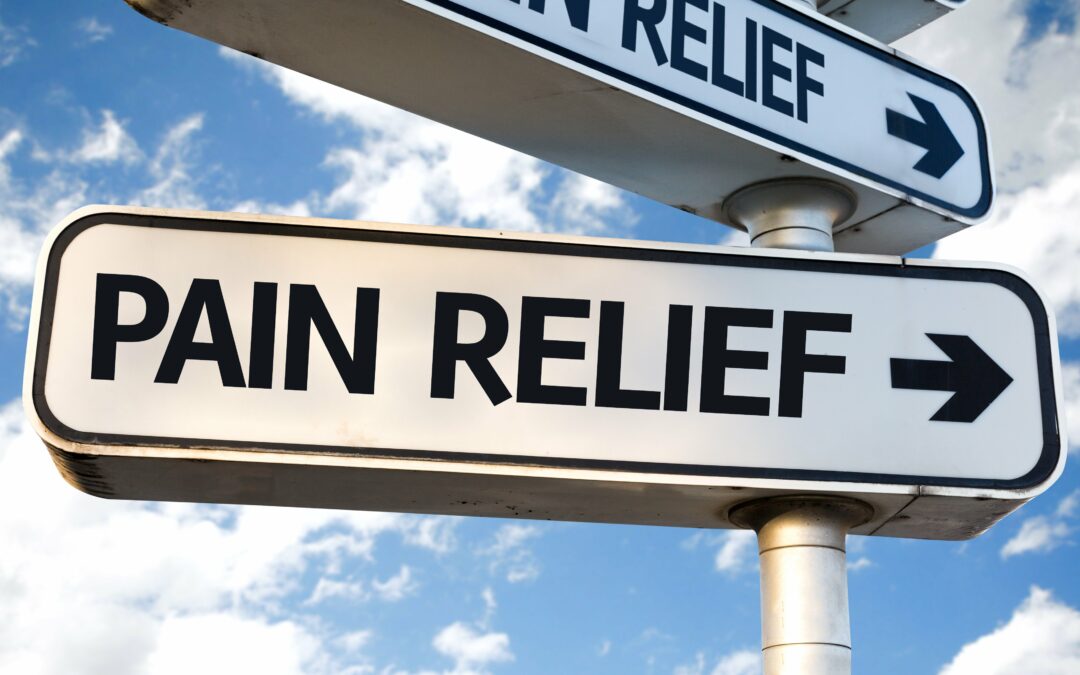From Hangnails to Chronic Pain
Even something as minor as a hangnail can disrupt focus and daily life. Now imagine pain that’s ten times worse—chronic pain that affects walking, working, or even basic self-care. For many, this is reality. Chronic pain often leads to depression, anxiety, or reliance on medications, yet traditional treatments don’t always provide relief.
This is why holistic approaches are essential. Acupuncture, an ancient practice from Traditional Chinese Medicine (TCM), is increasingly recognized as an effective tool for pain relief. But what does the science say?
Scientific Evidence: Acupuncture Works
A landmark meta-analysis of nearly 18,000 patients, published in JAMA Internal Medicine (2012), found acupuncture to be:
- More effective than sham acupuncture
- More effective than no treatment
- Helpful for back and neck pain, osteoarthritis, and chronic headaches
Another study in The Clinical Journal of Pain (2013) reviewed 11 randomized controlled trials with 1,139 patients. Findings showed that acupuncture was:
- As effective—or in some cases more effective than NSAIDs for lower back pain symptom improvement
- Consistently superior to sham acupuncture
The conclusion: acupuncture provides real, measurable benefits for pain relief.
Why Patients Avoid Pain Medication
Many chronic pain sufferers hesitate to use stronger painkillers—especially opioids—because of side effects and addiction risks. Acupuncture offers a safe, drug-free alternative with minimal risks, making it an appealing option for patients seeking long-term relief without dependency.
Why Acupuncture Is Understudied
Despite strong evidence, acupuncture remains under-researched. Possible reasons include:
- Unclear mechanisms – While acupuncture is believed to stimulate endorphins, serotonin, and circulation, the exact process is not fully understood.
- Western skepticism of TCM – Because acupuncture has ancient roots in Chinese medicine, some Western researchers dismiss it prematurely, even though high-quality trials confirm its effectiveness.
Acupuncture vs. Medication
While medications may provide temporary relief, they often come with side effects and long-term risks. Acupuncture, on the other hand:
- ✅ Is low-risk and non-invasive
- ✅ Addresses both the physical and emotional aspects of pain
- ✅ Can be integrated into a holistic treatment plan alongside conventional care
Acupuncture for Whole-Person Healing
Certified acupuncturists consider more than just symptoms. A professional evaluation includes:
- Your emotional state
- The location and type of pain
- Your medical history and lifestyle
This personalized approach promotes both physical healing and emotional resilience—critical factors in managing chronic pain effectively.
Conclusion: Take Control of Your Pain Naturally
The research is clear: acupuncture is a safe, effective, and natural treatment for chronic pain. Whether you’re struggling with back pain, migraines, arthritis, or other conditions, acupuncture should be considered a first-line referral option in pain management.
Work with a licensed and certified acupuncturist to ensure safe, effective care—and take the first step toward long-lasting relief.

